Keywords: India
There are more than 200 results, only the first 200 are displayed here.
-
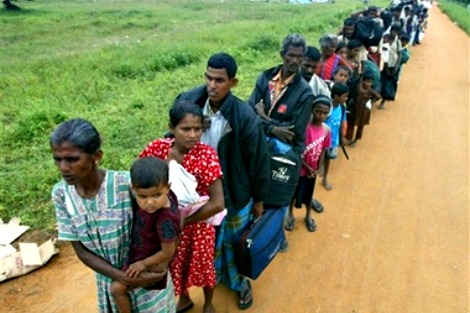
AUSTRALIA
Many Australians regard these asylum seekers as economic refugees. But systematic discrimination against Tamils in Sri Lanka has existed since the country gained independence from Britain in 1948. Tamils are a minority, and are systematically and routinely treated as second-class citizens by the majority Sinhalese community. The extreme Sinhalese nationalist view regards Sri Lanka as an island sacred to Buddhism, in which non-Sinhalese have no place.
READ MORE 
-
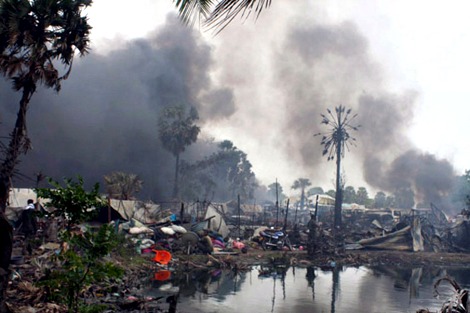
AUSTRALIA
On Monday we learned that two boats of Tamil asylum seekers had been intercepted off Christmas Island. Now there are unconfirmed reports that Australia is handing them over to the Sri Lankan navy without assessing their claims for protection. Amnesty warns Tamils face the risk of sexual violence, torture, murder, imprisonment, and enforced disappearance. Since March this year there have been scores of arrests and several deaths.
READ MORE 
-
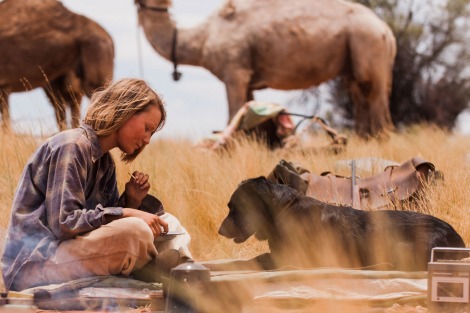
ARTS AND CULTURE
- Tim Kroenert
- 06 March 2014
3 Comments
Robyn Davidson's trek in 1978, 2700km overland from Alice Springs to the Indian Ocean with only four camels and a dog for company, is the stuff of legend. Her physical ordeal takes her also to the jagged ends of her emotional and mental being, as she is pestered by tourists, for whom 'the camel lady' is already a living legend, and by paparazzi, who assail her at her most frayed. There is no missing the spiritual dimensions of her journey.
READ MORE 
-
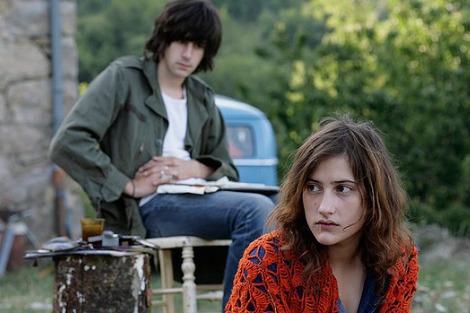
ARTS AND CULTURE
- Tim Kroenert
- 05 December 2013
As high school students they are too young to have begun the cultural revolution. But they try to fan its flames and bring its ideals to bear. Their idealism is at times tested against the cynicism or jaded moral certitude of older revolutionaries, one of whom chastises them for entertaining legitimate doubts about the means employed by Mao Zedong. There clearly is a gulf between healthy skepticism and wilful blindness.
READ MORE
-
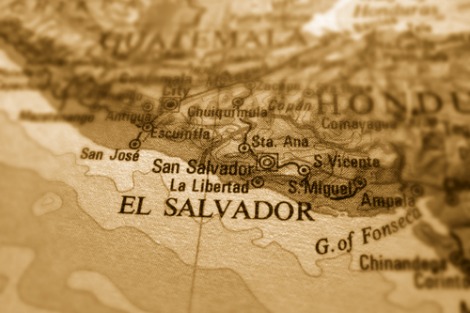
INTERNATIONAL
- Andrew Hamilton
- 28 November 2013
16 Comments
El Salvador is a small, largely agricultural society, with one of the highest population densities in the world. A largely Australian owned mining company proposes to mine for gold there, at great social and environmental cost to the local population. In Australia the wellbeing of people in areas affected by mining is central in the granting of permits. Are we willing to accept a lowering of standards for the overseas operations of Australian companies?
READ MORE 
-
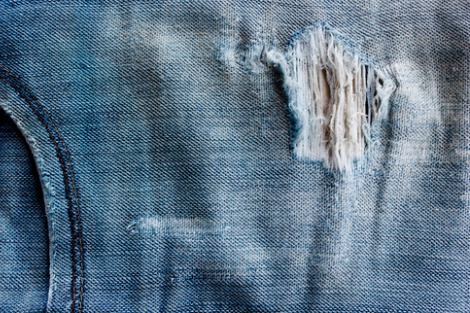
INTERNATIONAL
The African Union has asked the United Nations Security Council to suspend the trials of sittings Kenyan heads of state. Meanwhile Amnesty International has claimed that any killing of civilians by United States' drones violates the laws of war. Both cases call into question whether the International Criminal Court can end impunity for the most serious international crimes.
READ MORE 
-

ARTS AND CULTURE
- Gillian Bouras
- 02 October 2013
12 Comments
The International Day of Non-Violence on 2 October coincides with the birthday of Gandhi, who pioneered the concept of political non-violence and the notion of passive resistance, and paid the highest price for his moral choices. A great many people, like Gandhi, desire a non-violent world, in which whistleblowers and thoughtful, idealistic individuals are honoured rather than punished.
READ MORE 
-
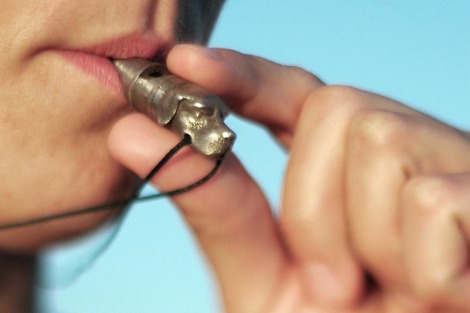
AUSTRALIA
- Benedict Coleridge
- 06 September 2013
11 Comments
Throughout the electoral fracas over boat arrivals, Tony Abbott has been keen to isolate Australia's border control challenges from any international context: in his terms they are 'Australia's problem'. He may deny it, but the Opposition Leader knows full well that the Australian discussion is part of an international debate about responses to people movement. A historical perspective helps to illuminate this.
READ MORE 
-

AUSTRALIA
- Evan Ellis
- 16 August 2013
1 Comment
We might get lucky. Malcolm Turnbull might be right, and the mass of egos, grievances and interests that make up US-Sino relations might 'evolve into a new order, without either side having to make concessions to the other'. But the risks are growing. In this context the framing of asylum seekers as a threat to our sovereignty seems plain silly. War between China and the US would be a disaster to our national interests.
READ MORE 
-

AUSTRALIA
- Frank Brennan
- 13 August 2013
1 Comment
'Like many Australians, I had hoped that the dastardly plan announced on 19 July would stop the boats in the short term, as a stop-gap measure. It is dismaying to learn that appropriate consultations had not occurred with Indonesia with the result that the very people who were to receive the shock and awe message are yet to receive it. There’s only one thing worse than shock and awe; that’s shock and awe that doesn’t work because you haven’t done your homework.' 43rd Barry Marshall Memorial Lecture, Trinity College Theological School, 14 August 2013.
READ MORE
-
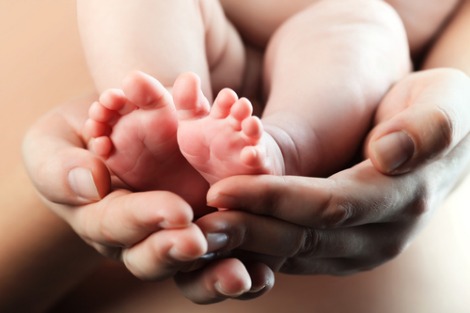
INTERNATIONAL
- Catherine Marshall
- 24 July 2013
15 Comments
For all the intrusions this tiny prince will have to endure in the years that stretch ahead, there will exist, as a salve of sorts, the incalculable benefits that his social status has randomly afforded him. We shouldn't diminish the joy of the royal couple, but we should be wary of allowing our sustained and fawning attention to further entrench the idea that some people are inherently more valuable than others.
READ MORE 
-
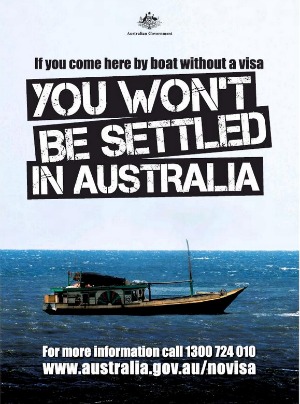
AUSTRALIA
- Frank Brennan
- 20 July 2013
35 Comments
This bold move might stop the boats in the short term. If it does, we need after the election to recommit ourselves to providing better regional upstream processing and protection for asylum seekers stranded in Indonesia and Malaysia. Let's hope that whoever is in government after the election can call a truce on the race to the bottom and commit to the hard diplomatic work that is needed.
READ MORE 